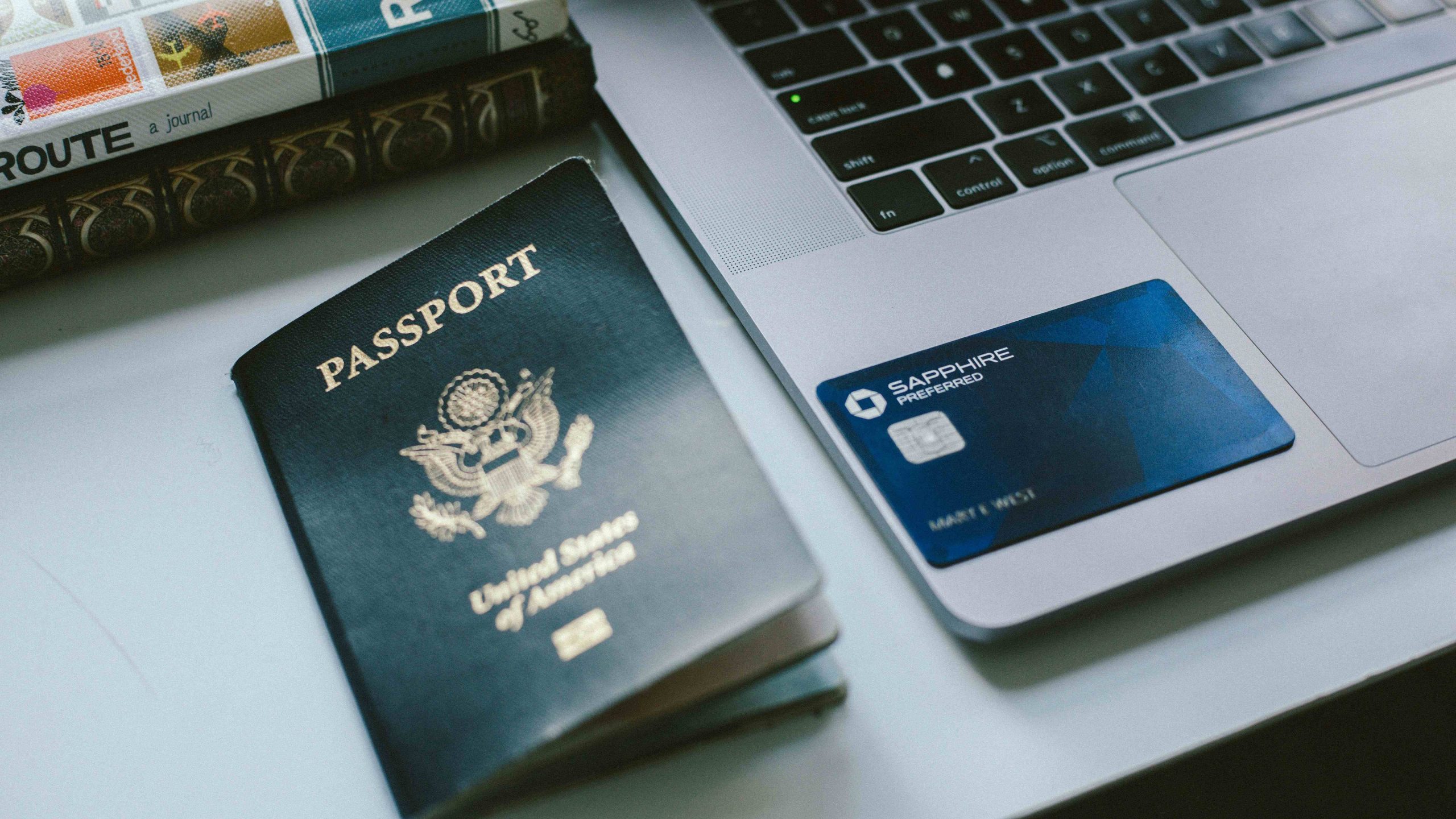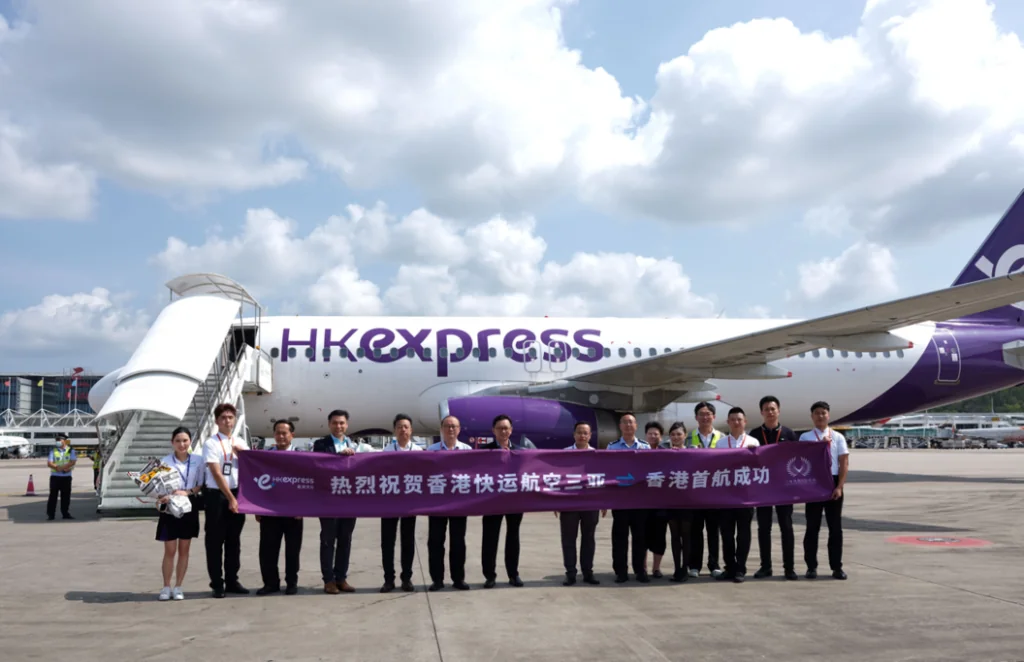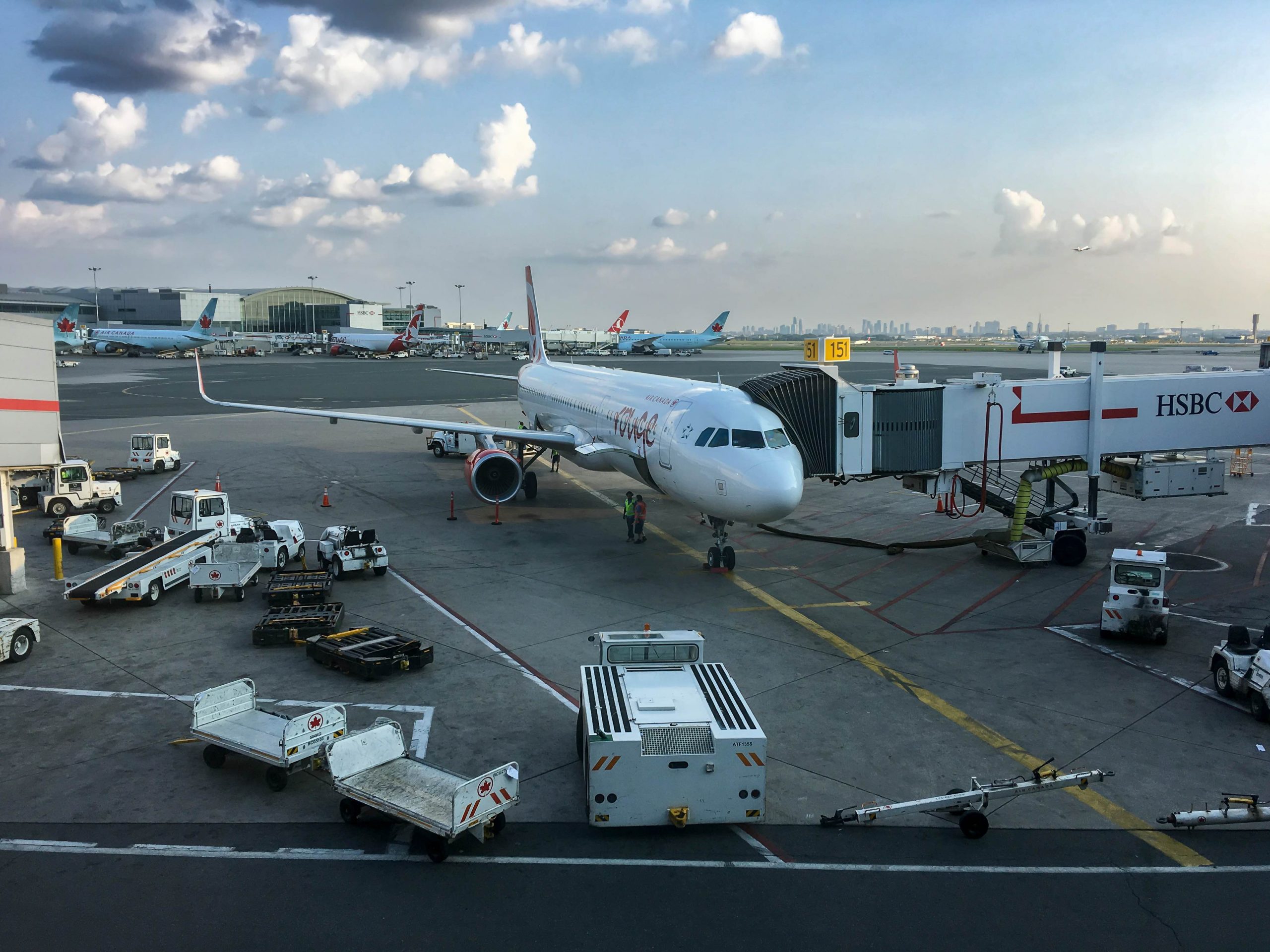If you’re a State Bank of India (SBI) card holder and you love to travel, SBI just announced something super exciting. The bank recently announced the launch of its first travel-focused core credit cards. Travellers and holders of SBI can now expect to explore the benefits of these travel cards in three different variants as well.
Some benefits of having one of these SBI travel cards include the conversion of travel credits to air miles as well as hotel points, amazing rewards on every travel booking, and airport and lounge access to name a few. In order to make this announcement even more exciting for travellers, SBI has also partnered up with over 20 airlines and hotel brands. This means that in every destination you travel to or every flight you book, you might have the advantage of getting more points and benefits. Some of the partnerships include Air Vistara, Air India, Spicejet, Etihad Airways, Qantas Airways, Air Canada, Thai Airways and so many more airlines.
Enjoy Even More Benefits of the SBI Travel ELITE Card
You can now explore even more benefits with the SBI ELITE card. One of the biggest advantages is being able to enjoy a low mark-up of 1.99% on foreign transactions. Additionally, ELITE cardholders can also explore travel insurance coverage now. Some more benefits of the card include:
- Accelerated travel credit
- Welcome bonus of 500 travel credits upon reaching a spending limit
- A variety of milestone benefits
- Annual fee reversal upon reaching a certain spending milestone
Maximum Travel Benefits with PRIME Travel Card and MILES variant
As a second option, SBI is now offering the PRIME travel card which has a multitude of benefits such as:
- A balance of rewards and benefits for travellers with moderate spending
- Additional travel credits compared to the standard and ELITE card
- Substantial rewards without having to spend as much as ELITE cardholders
- Amazing milestone benefits
The bank is also offering a MILES variant, which offers basic travel rewards and benefits at a lower cost. This is the perfect option for those travellers who are really keen on collecting rewards to utilize them at hotels as well as flight bookings. If you’re looking for a budget-friendly option to earn amazing rewards, the MILES variant is the most suitable option out of the three.







